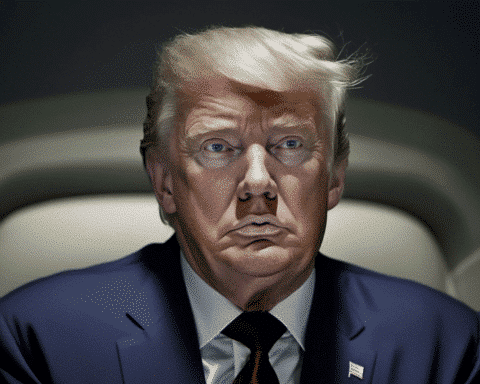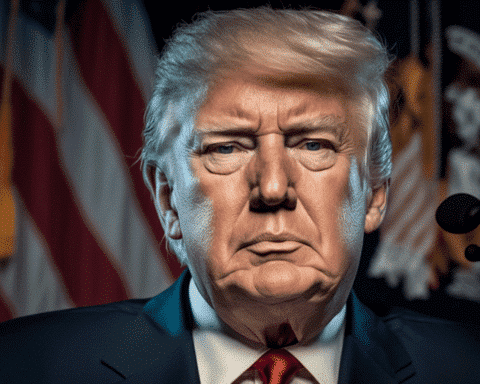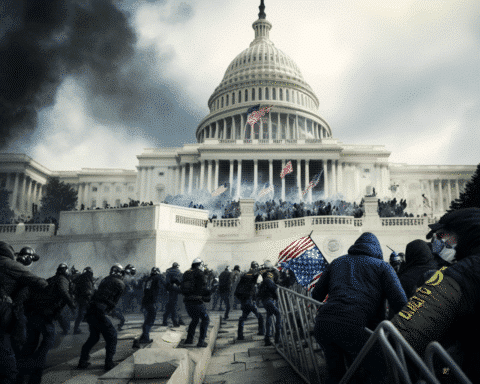In a remarkable twist of events, the recent unsealing of a court filing by the U.S. Circuit Court of Appeals in Washington, D.C., has shed light on the role of Rep. Scott Perry of Pennsylvania in the aftermath of the 2020 Presidential election. Perry, a noted ally of then-President Donald Trump, has been thrust into the spotlight due to his involvement in attempts to challenge the election results. This filing offers a rare glimpse into the FBI’s seizure of Perry’s phone and his communications, revealing intricate details about his actions and associations with key figures in Trump’s circle.
The court documents include excerpts from Perry’s texts and emails, highlighting his efforts to appoint Jeffrey Clark as Trump’s acting attorney general. Perry’s role was more than passive compliance with Trump’s requests, as previously claimed. Instead, he actively supported Clark’s attempts to reverse the Department of Justice’s stance on the election’s legitimacy. Perry reassured a nervous Clark, stating, “You are the man,” and facilitated his preparation for crucial meetings and security clearance upgrades.
These revelations emerge amid ongoing judicial deliberations over the constitutionality of using Perry’s communications as evidence, given his status as a Congressman. Perry’s moves coincide with Trump’s pressure on the Department of Justice to contest the election results, particularly in Pennsylvania, despite the absence of substantial evidence of electoral fraud.
Perry’s involvement extends beyond mere text exchanges. He prepared Clark for a significant meeting with the director of national intelligence and informed him about an impending presidential security clearance. These actions occurred in the context of then-Attorney General William Barr’s denial of election fraud and subsequent resignation, leaving Trump searching for a compliant successor at the Justice Department.
Clark, now an unindicted co-conspirator in a federal indictment against Trump, had proposed a controversial letter to Georgia officials, suggesting the Justice Department’s doubts about the election’s integrity. This move was opposed internally, almost leading to a crisis within the Department.
Despite these developments, Perry has not been charged and maintains he is not a target of the investigation. His political influence, paradoxically, has grown with his recent appointment as the chairman of the influential Freedom Caucus.
Although possibly inadvertent, the unsealing of this court filing has provided critical insights into the complex web of actions and communications surrounding the 2020 election. While Perry’s involvement’s legal outcomes and full implications are yet to be entirely determined, this case underscores the intricate intersections of politics, law, and ethics in the wake of one of America’s most contentious elections. As the investigation continues, the public awaits further revelations from this unprecedented probe into an election that has left an indelible mark on the nation’s history.




